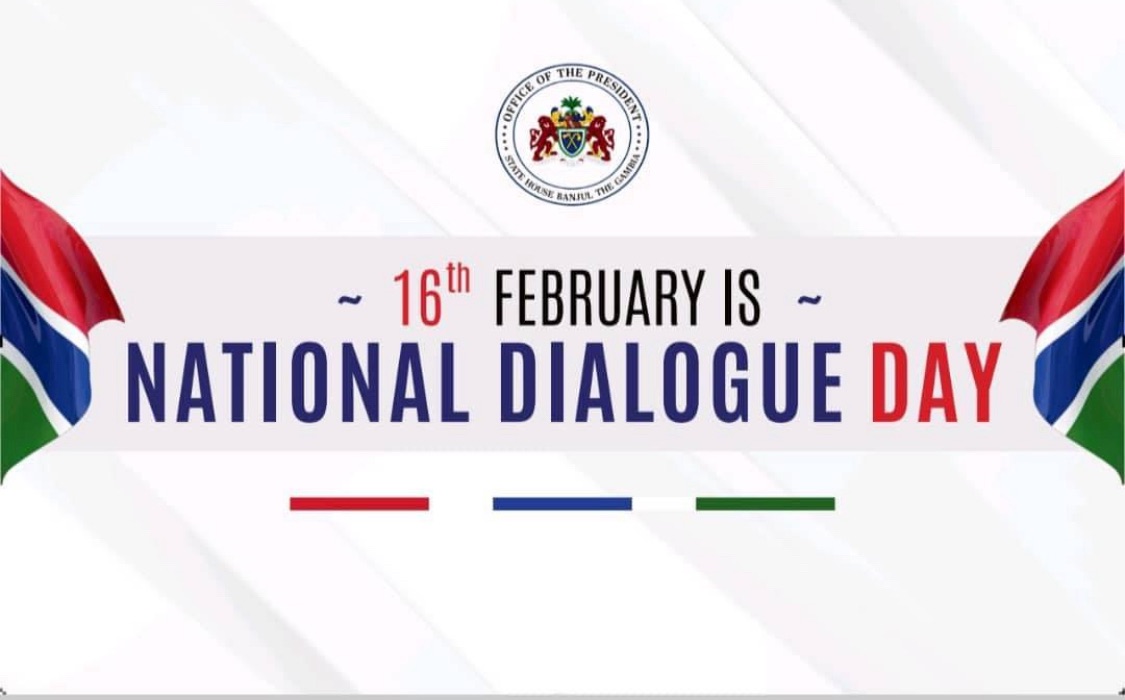A call on Gambia’s political parties to embrace their divergence for national development is a welcome sign of democracy at work if both sides understand their roles.
Since Gambia’s presidential election in December 2021, the new government has conflicted with the opposition, especially the United Democratic Party that introduced President Adama Barrow to Gambians.
In democratic systems, such conflict is healthy; it can enhance governance. But it must not interfere with the government’s ability to perform its constitutional functions.
In The Gambia today, the friction between the NPP and UDP led to weak governance and division in opposition.
If carried out as planned and implemented, the political dialogue can help safeguard our democracy
The Gambia is divided by political differences andgovernment’s failed relations with the opposition have created even more tension. This threatens the sustainability of the country’s democratic institutions.
Both the government and the opposition must work towards creating a Gambia in which all citizens can live peacefully, by the values that are important to them, and elect who they want.
But for this to happen, each party to the talks must understand its constitutional role. It must play its part constructively and within the law. The opposition should check the exercise of government power but it must not obstruct governance. The opposition should evaluate public policy and offer alternatives but must allow the government to formulate the national agenda.
On the other hand, the government must recognize the important role the opposition plays in a democratic system. An effective opposition provides the government with feedback that advances national objectives. It contributes positively to peaceful coexistence, the protection of human rights, and national development.




